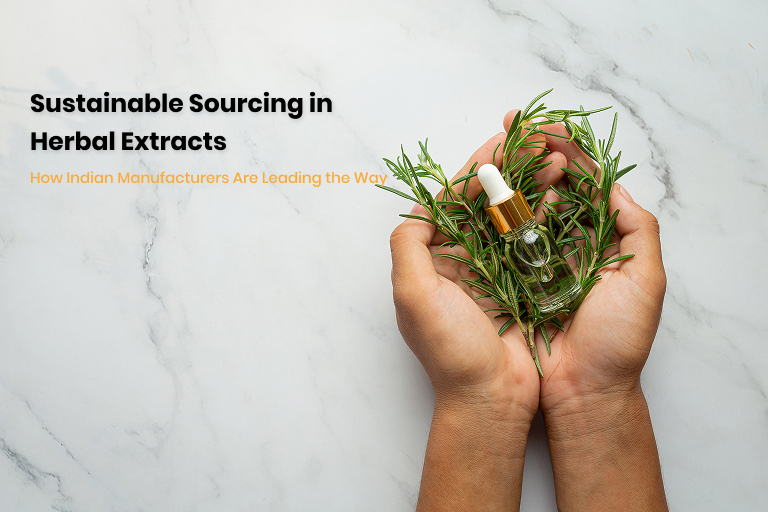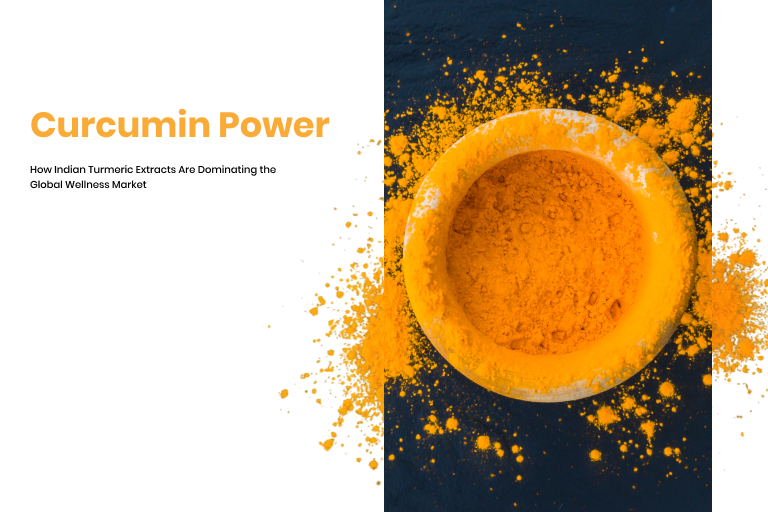
Depression, a prevalent and challenging condition, continues to seek effective treatments. Turmeric curcumin has surfaced as a potential natural remedy in this quest. Curcumin, extracted from turmeric, has shown promise in alleviating depression symptoms, as suggested by some research. While ongoing studies deepen our understanding, the question of whether turmeric curcumin truly works for depression remains open, emphasizing the need for further exploration in this intriguing area of mental health treatment.
What is Curcumin?
Curcumin is a natural bioactive compound renowned for imparting a distinctive vibrant yellow hue to turmeric, the popular spice derived from the roots of the Curcuma longa plant. This compound boasts a rich history, dating back centuries, in both traditional medicine and culinary traditions, particularly in Asian cuisines.
What sets curcumin apart is its remarkable potential for enhancing health and well-being. It is celebrated for its antioxidant and anti-inflammatory properties, which contribute to its therapeutic significance. As a result, curcumin has garnered increasing attention as a dietary supplement, as it is believed to offer a range of health benefits.
Can turmeric help with depressive symptoms?
Turmeric, enriched with curcumin, its active compound, shows potential in alleviating depressive symptoms. Curcumin’s anti-inflammatory and antioxidant properties may positively impact brain function and mood by influencing neurotransmitters like serotonin and dopamine, essential for mood regulation. While research is ongoing, anecdotal evidence suggests improved mood and reduced depression with turmeric use. Nonetheless, consulting a healthcare professional before using turmeric for depression is crucial for personalized guidance.
How can you use turmeric for depression?
Turmeric, the vibrant spice from the Curcuma longa plant, has gained recognition for its potential to mitigate depressive symptoms. Here are several ways to incorporate turmeric into your daily regimen:
1. Turmeric Powder:
Turmeric powder, rich in curcumin, offers a versatile means to integrate this potent spice into your daily diet. Curcumin, renowned for its antioxidant and anti-inflammatory properties, may contribute to mood improvement. Simply sprinkle it onto various dishes, stir it into soups, or infuse it into curries. This convenient approach allows you to harness the potential mood-enhancing effects of turmeric seamlessly.
2. Turmeric Tea:
Crafting turmeric tea combines the soothing qualities of tea with the potential benefits of turmeric. By boiling water with turmeric powder, ginger, and a pinch of black pepper (which enhances curcumin absorption), you can create a comforting and therapeutic beverage. This warm infusion is believed to help alleviate symptoms of depression and anxiety, offering both physical and emotional comfort.
3. Turmeric Milk (Golden Milk):
Golden milk represents a delightful fusion of milk’s nourishment with turmeric’s potential anti-inflammatory and calming attributes. Preparing this beverage involves heating milk and blending in turmeric powder, honey, and a dash of black pepper. The result is a warm, soothing drink that not only comforts but may also contribute to a more balanced mood.
4. Turmeric Paste:
Turmeric paste presents a concentrated form of this spice, achievable by mixing turmeric powder with water. This versatile paste can be applied topically or incorporated into your culinary creations. Some individuals choose to apply it to their skin, believing that it can absorb curcumin and exert a positive influence on mood.
5. Curcumin or Fresh Turmeric Root:
Curcumin supplements, extract from turmeric, are available as a convenient option, but their use for depression should be guided by healthcare professionals. Fresh turmeric root offers a potent source of curcumin and can be included in various recipes or employed to craft pastes for a more direct and natural way to incorporate this beneficial compound.
Conclusion
Turmeric, along with its potent component, curcumin, holds promise as a natural support in addressing depressive symptoms. Their anti-inflammatory and antioxidant qualities provide optimism for those seeking complementary mental well-being solutions.
Nevertheless, it is essential to emphasize that these options should never serve as substitutes for professional medical guidance and treatment. Depression is multifaceted, demanding a comprehensive approach. Therefore, consulting a healthcare provider is crucial to uncover the most suitable strategies tailored to your unique situation. Remember, your well-being is a collaborative effort that combines informed self-care with expert medical advice.











